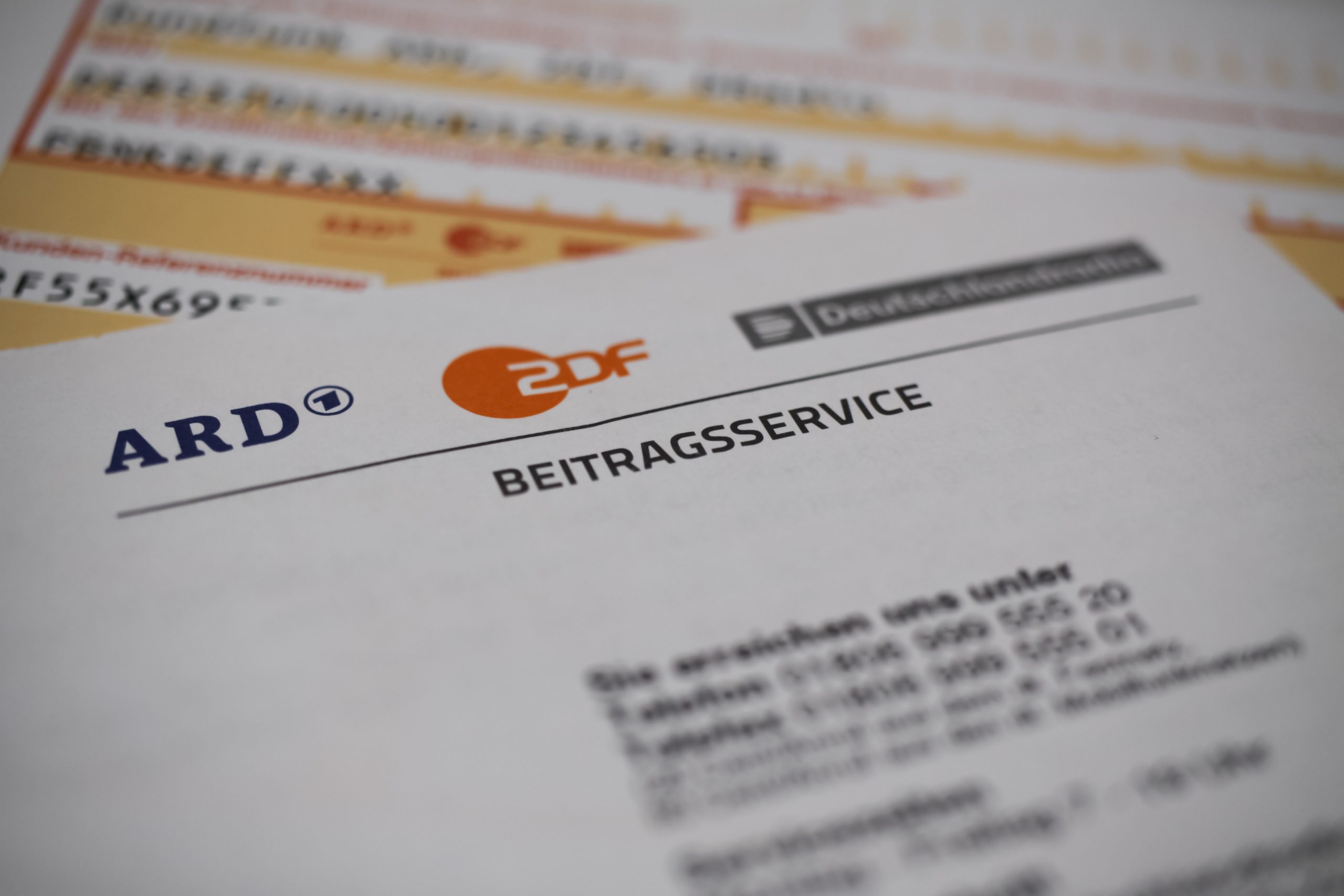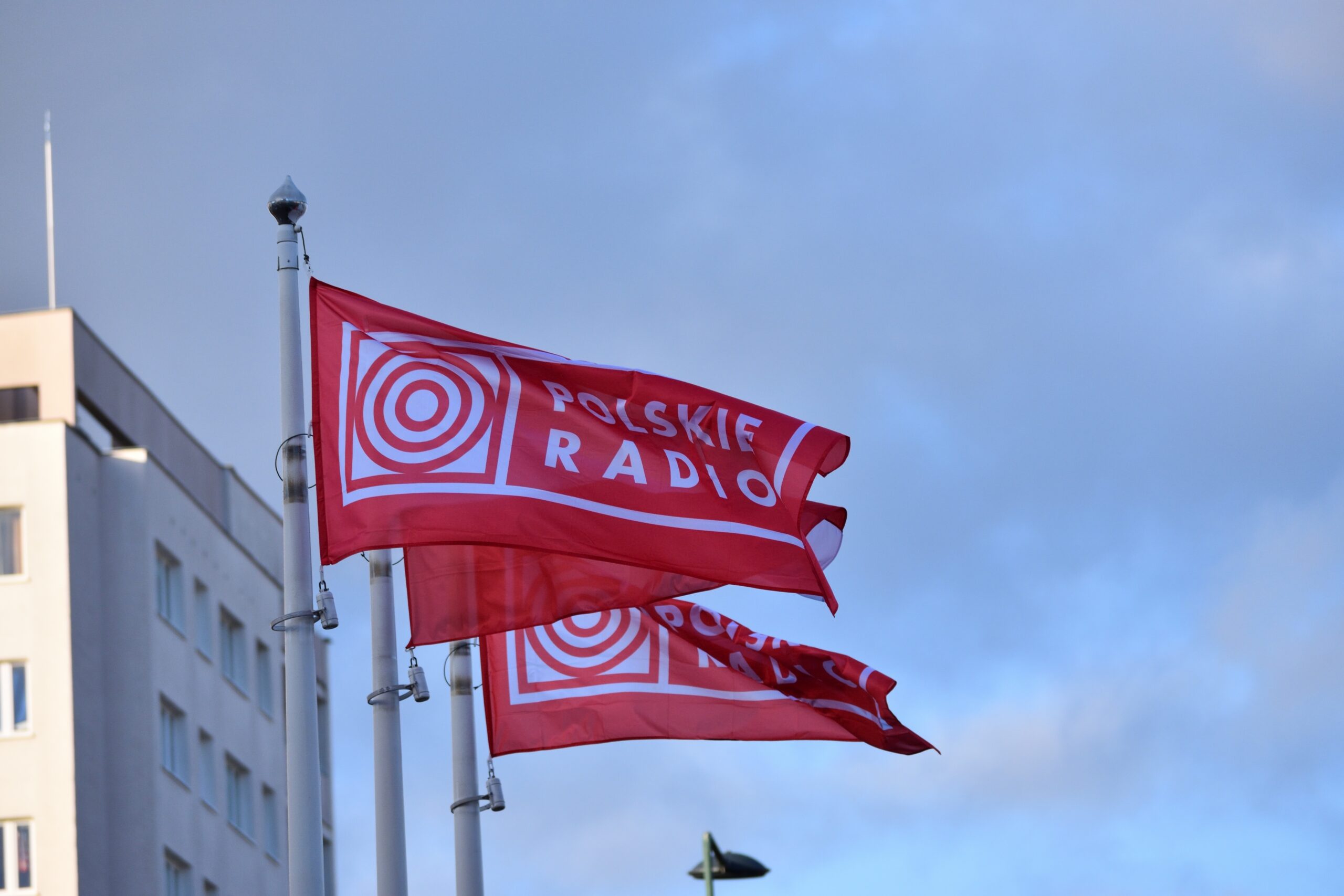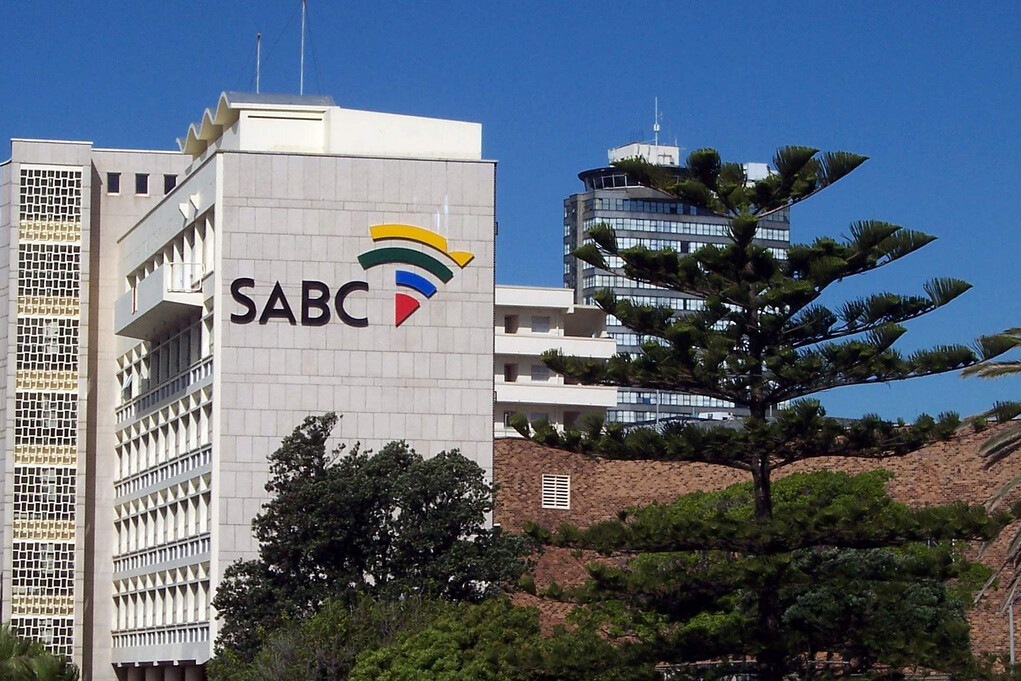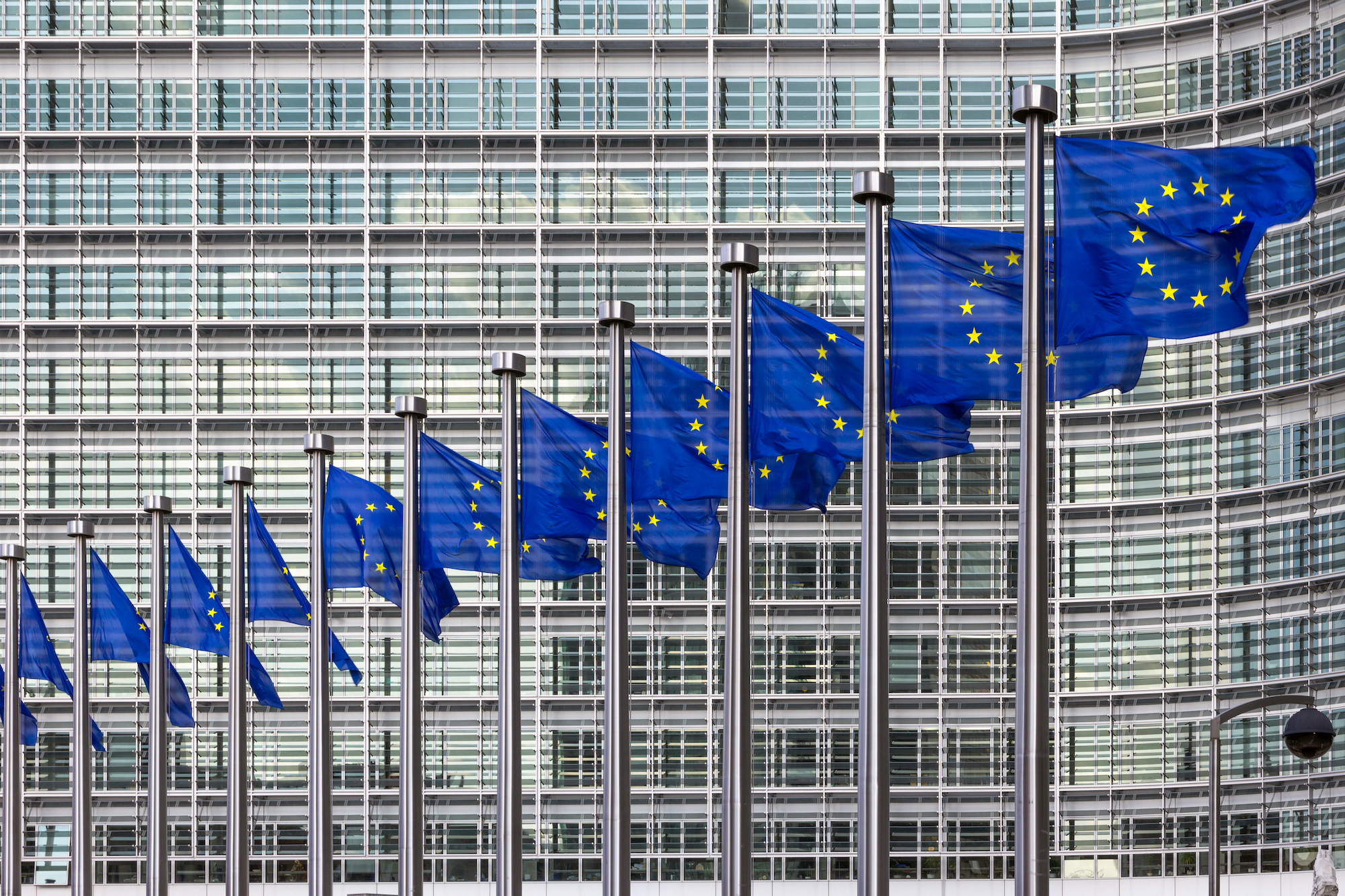Slovakia: RTVS and media freedom under scrutiny
29th February 2024
A climate of insecurity is lingering, as budget cuts and plans to dissolve RTVS into two entities were announced by the government.
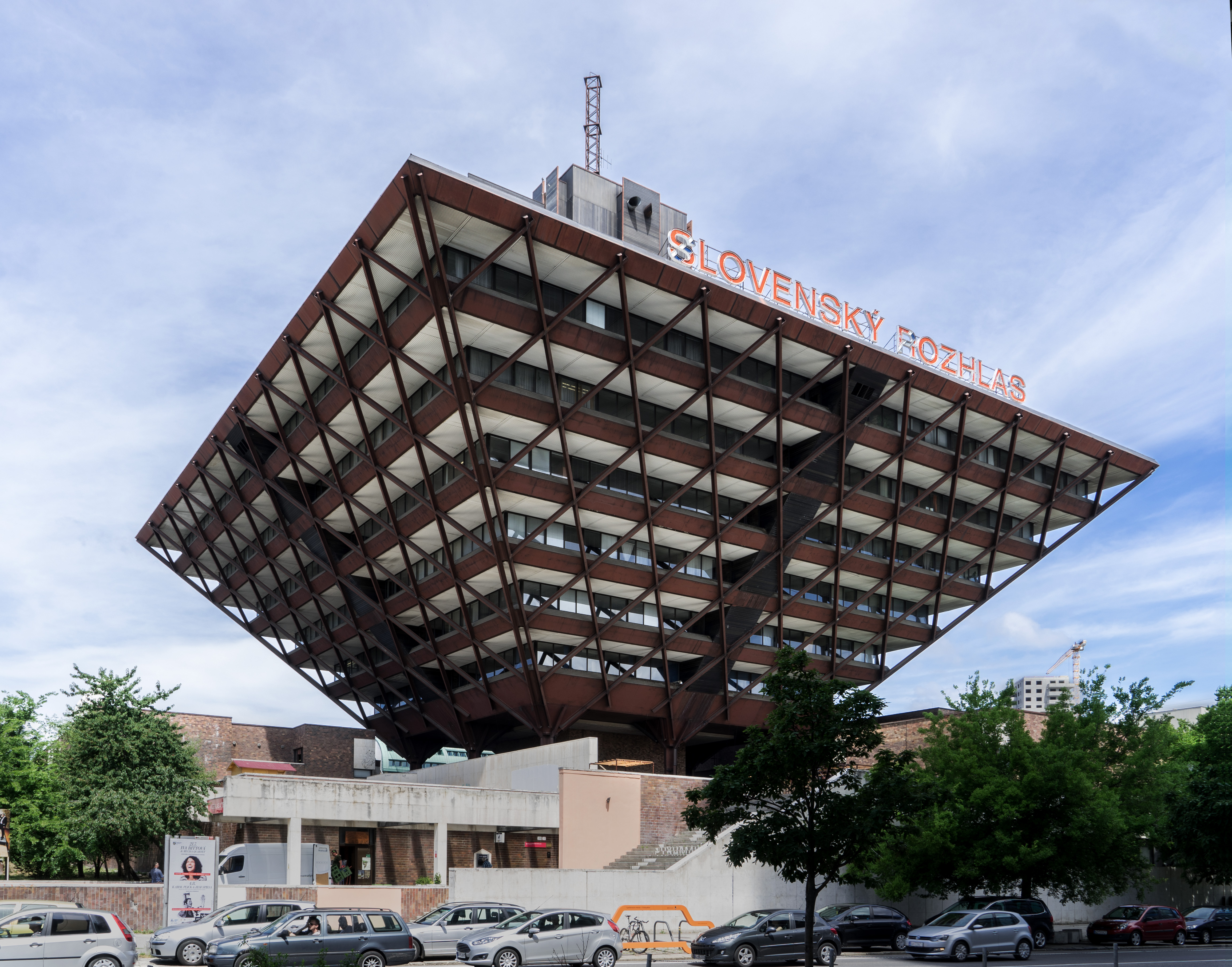
IN BRIEF:
- The Slovak government announced its intention to separate the public broadcaster RTVS into two entities, separating radio and television.
- Heavy budget cuts raise concern over the good functioning of the public broadcaster, especially since the funding system of RTVS has been changed from a licence fee to a government grant in 2023, making it more dependent on the government.
- The lack of justice in cases of violence against journalists as well as the little efforts made by the government to protect journalists from SLAPPs raise concern among civil societies.
IN FULL
– By Charlotte Pion
A proposal by Slovakia’s new Prime Minister to dissolve the country’s public media into two separate entities has caused alarm amid wider budget cuts and other pressures on press freedom in the country.
Government piles on the pressure
The new Slovak government recently commemorated its 100th day in office, during which time it has already revised the criminal code and dissolved the Special Prosecutor Office. Such changes have raised concerns at the European Parliament, especially surrounding the safety of whistleblowers and the independence of the public broadcaster in the future.
On the occasion, the Social Democrat and nationalist Prime Minister Robert Fico turned directly to the issue of public media. In an interview with Pravda media he said it was necessary to make changes in the management of Slovak television, which, according to him, was biased against the government and was not fulfilling its public role.
Shortly afterwards, the Deputy Chairman of the National Council, nationalist , said he was in favour of a state media rather than an independent public service media, stating “Let TV be a state-owned joint-stock company, I am in favour of a change of management, a new media office can be created where we will merge all the boards, because the European Commission requires us to do so”.
Read more: Media freedom in decline in Bosnia & Herzegovina?
In reaction, Ľuboš Machaj, Director General of RTVS defended the mission and values of public service media in a statement, saying “public radio and television are still paid for by citizens from their taxes, and the change in funding does not change the public nature of RTVS. Therefore, the largest media house is not state-owned, does not belong to the government or parliament, and is an independent media.”
As IPI reported, there is precedence for such verbal attacks on RTVS. Back in 2017, Andrej Danko called for the replacement of public service media with ‘state media’ before his party helped orchestrate the political capture of RTVS.
However, this time, there have been plans to divide the public broadcaster into two entities, with radio and television separated. But civil society organisations and journalists are concerned that the division of RTVS could facilitate political parties to influence public broadcasting by strategically placing their allies on the board or in top positions.
Subscribe toour newsletter
Keep updated with the latest public
media news from around the world
Tight budget and amendments
It comes as pressure is also exerted on the broadcaster’s finances. In July 2023, the licence fee was abolished by the former conservative government and replaced by a government grant. Then Minister of Culture and member of the Slovensko party in power in 2023, Natália Milanová, claimed that these amendments were made to ensure sufficiently stable and predictable funding, while also reducing the influence of politicians and the government on the broadcasters budget.
However, according to the State Media Monitor, the broadcaster has become increasingly controlled by the authorities over the last three years. Controversial programmes, especially those focussed on investigations, have been cancelled, while pressures on journalists increased significantly, forcing some of them out of the job.
Funding has been cut even further, since the new government came into power. From July onwards, RTVS was to receive 0.17% of Slovakia’s GDP, approximately €186 million, but this has now been reduced down to 0.12% of GDP, a total of €131 million, a €55 million budget reduction compared to the previous year.
” […]the public nature of RTVS does not lie in the funding system, but in the provision of a public service under the law, which defines this service precisely. RTVS still fulfils this task” – Ľuboš Machaj, Director General of RTVS
“The approval of the budget will create space for the functioning of RTVS, but it will not be favourable for the development of the medium,” said RTVS Council Chair Igor Gallo. However, Gallo said the budget was still one in which television and radio could “exist while maintaining all programme services”.
In his statement, Machaj also addressed RTVS’ funding. “I consider the previous government’s decision to abolish licence fees and to fund the public service RTVS only from the state budget to be very unfortunate. … However, the public nature of RTVS does not lie in the funding system, but in the provision of a public service under the law, which defines this service precisely. RTVS still fulfils this task”.
“From the point of view that RTVS is financed by the citizens of this country, nationalisation or the stock is not the right step. It should continue to remain public and return to its original funding. Cancelling the payment of concessionary fees was the biggest folly of the former coalition,” said media analyst Michal Ruttkay.
Despite the restricted budget, RTVS has been able to keep its four television and nine radio channels. However, the closure of the Gallery of Slovak Radio, a cultural space within the public broadcaster’s building and which had been a complementary part of the radio station’s activities was announced, provoking a wave of protest from the cultural sphere. Recently, the reputation of the Gallery was uplifted thanks to its new curator, Ivan Jančár, who put Slovak artists and culture forward.
Lack of justice and media freedom under attack
The complicated situation of RTVS and the state of media freedom in Slovakia has been further exposed by the memory of the murder of investigative reporter Jan Kuciak and his wife six years ago. There has still been no justice in this case.
“As we remember Ján and Martina, we are alarmed by increasing threats to the rule of law and media freedom in Slovakia, in particular relating to the lack of accountability for crimes, the diminished protection of public watchdogs and the stark erosion of democratic institutions,” declared IPI in a statement.
Slovak authorities have taken no measures either to protect journalists against abusive and gag lawsuits (SLAPPs), or to allow for aggravated sentences for attacks against them.
In addition to the overt attack against the public broadcaster, the government has been openly hostile towards several independent media, stopping them from entering government’s building.
Another worrying matter is the dissolution of key anti-corruption structures in Slovakia.
The resolution adopted by the European Parliament called on the Slovak Parliament to upkeep the rule of law standards and ensure a free, independent media as a cornerstone of a democratic society.
If RTVS were to become a state-owned media outlet, there is also the matter of the upcoming , in which it could conflict, as well as with the Recommendations of the Committee of Ministers of the Member States on safeguarding the independence of public service broadcasting.
Related Posts
29th February 2024
ZDF & ARD: Recommended funding increase “challenging”
The KEF’s recommendation to raise the…
26th February 2024
Public media in Poland struggles for a reset
All public radio stations have now been…
15th February 2024
SABC rocked by internal scandal; bill continues to face pressure
A scandal over an undisclosed…
